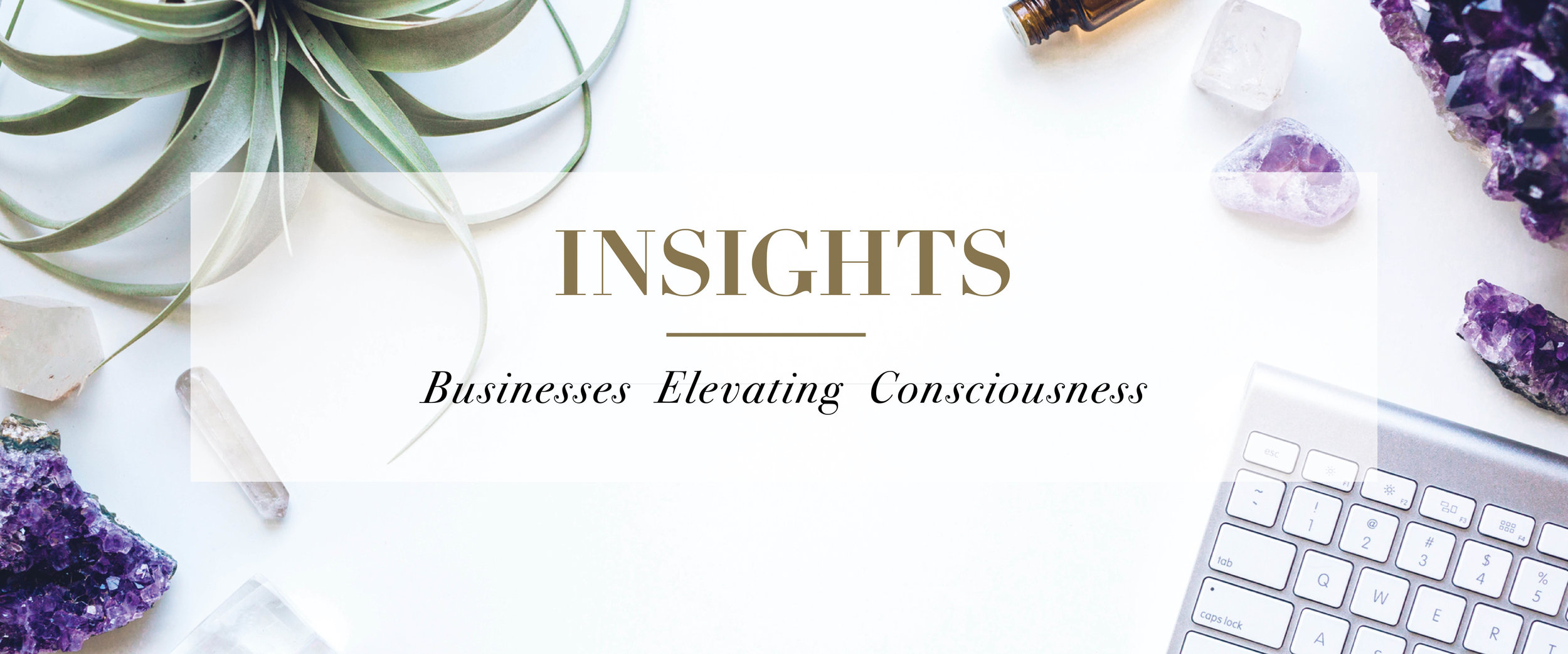Intellect vs Intuition: A Timeless Battle of Decision Making
We’ve all had experiences in making decisions using our best judgment, and it doesn’t turn out the way we anticipated. Countless hours spent analyzing and overanalyzing to find the logical answer to the question. Maybe there are excel charts and research studies and diagrams involved.
We’ve had that experience where we chose to make the intelligent choice based on all data points of rationale, even though in the background we were ignoring that “gut feeling”, that inner knowing telling us we should have been doing the exact opposite of what we chose.
And most people have also had experiences where we follow that gut feeling against all common sense, and it leads us to the best desired result, out of nowhere.
I think I have been fortunate enough to be gifted with a strong intuition from a young age. I believe we all have, really. It always steered me towards where I wanted to be regardless of where others may have expected me to land. But the majority of people, somewhere along the way, growing up, decided to ditch the intuition for intellect because it seems safer. Decisions made by intellect can be substantiated and backed up… until you become crippled and frozen by over-analysis because something just doesn’t feel right.
Why is this?
It is my hypothesis that all the emotions floating around and in between the intellect and intuition get in the way of knowing which to follow.
First, it is important to note that intuition and emotion are two completely different things:
Emotions are reactions to your surroundings or inner conditionings. Most of the time, our emotions are triggered in real time in relation to our past traumas. Many times I think people mistake their intuitions for their emotions and thus decide to stick to the security of intellect-based choices.
Intuition is an inner-knowing, an inner-guide, magnet or an inner-understanding beyond your comprehensive abilities. It can sometimes seem to come out of nowhere and be completely baseless. But it’s always right.
A lot of the time, intuition, intellect and emotions are working against each other, which is why it’s so important to differentiate between the three. And sometimes they all do align. Sometimes the intellectual analysis will align with your emotional response which will also align with your intuition, and that makes decisions feel good and easy. But we all know that is not usually the case.
If you can successfully remove the emotions that float around confusing you, and extrapolate intuition in it’s purest form, you would find yourself in your most ideal situation all the time. You could take the intuition that’s been running far in the background and move it up to the foreground of your decision-making tools.
How do we do this?
My ultimate solution to this, and to most things in life lately, is to meditate. A regular meditation practice makes you acutely aware of your thoughts, emotions and intuition and how to decipher which is which. Most people are moving through life not even knowing which they are operating on; intellect, emotion or intuition. And most of these people have actually drowned out their intuition for sure.
In a society that rewards intellect and scrutiny, we have shunned ourselves away from seeking answers through any modality that doesn’t have quantifiable evidence to back it up. (Myself included.) And because of this, it can be a challenge to unravel this analytical way of being.
Your intellect will always tell you that your intuition can’t possibly be right. “That doesn’t make any sense!” or “That’s just silly! Where is the evidence?” is what your practical mind will tell you. “Aren’t you scared? your intellect will warn you of making the leap to follow your baseless intuition.
But if you’ll recall, all those times you’ve been wrong about the rational decision you’ve made, how many times you’ve thought in retrospect – “I knew I shouldn’t have done that – I just had a feeling.”
That particular “knowing”, that “feeling” is a tool that needs to be sharpened. It’s a muscle that needs to be trained and worked out just like anything else in your body. And most importantly, you need to learn to differentiate it from your emotions, which can carry you to an equally disappointing outcome as your intellect.
There are countless studies today that can tell you about how meditation creates new brain synapses and literally changes your state of mind, personality, chemical balance, perspective and total existence. But my most convincing case study has been my own experience.
Not only is my intuition magnitudes stronger after almost 3 years of regular meditation practice, but I am also acutely aware of what is my intuition, what is my intellect and what is my emotion that I am acting upon at every moment. It is so rare that I regret any decisions anymore because I know how to separate myself from these three elements and select the intuitive choice.
Many times this intuitive choice is the same as the intellectual choice. But many times, it is not. And this is where I have seen the biggest advances in my life.
Here's the suggestion that people usually ask me for to get started with meditation:
Personally, I prefer Insight Timer, but there are lots of great app options out there:
If you feel like you need a more structured approach or someone to ask questions to, there are also plenty of in-person classes and programs available these days.
The key is to try a bunch of these and see what works best for you. Integrate it into your lifestyle and make a habit of it. Once you do, you will start noticing just a general better sense of wellbeing for sure, but next, you’ll be amazed at how sharp your decision making skills will get—towards making the best decision, every time.
Try it out and please let me know how it goes!





